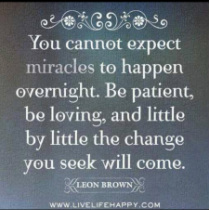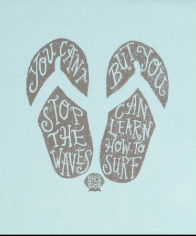
Today we discussed some triggers for use and identified the areas in our lives that are high risk for substance use. Once you are aware of these high risk factors, you can start working on a plan using your tools to avoid and eliminate these scenarios that make sobriety harder to manage. Once these situations are dealt with and avoided, it is easier to stay in recovery and not relapse. The areas we looked at and evaluated were:
- People
- Places
- Times of day
- Situations
- Thoughts
- Physical
- Emotional



 RSS Feed
RSS Feed